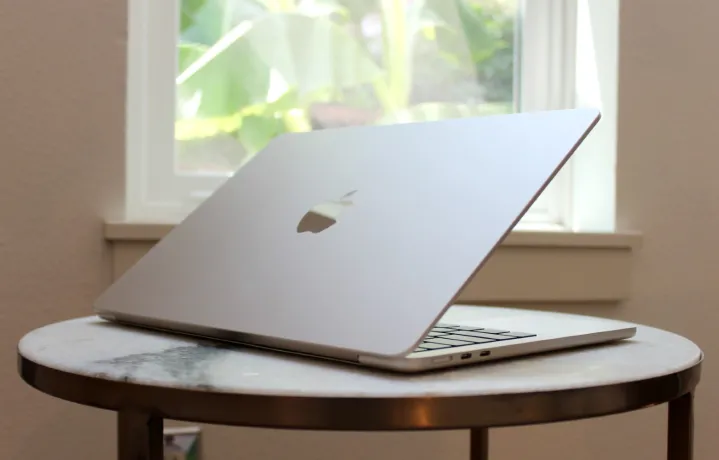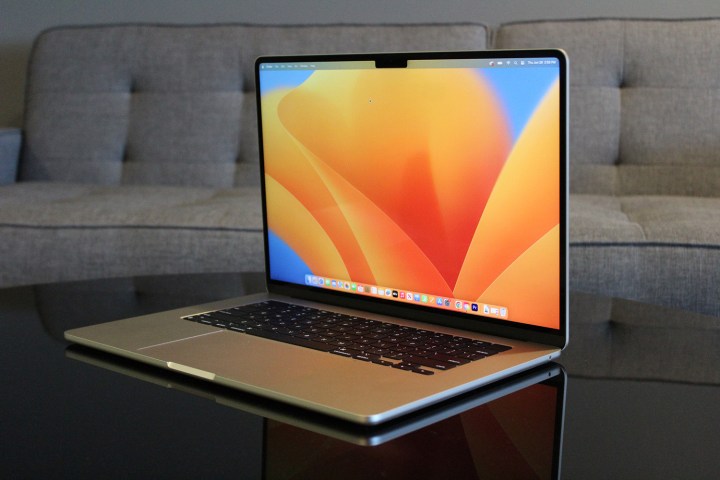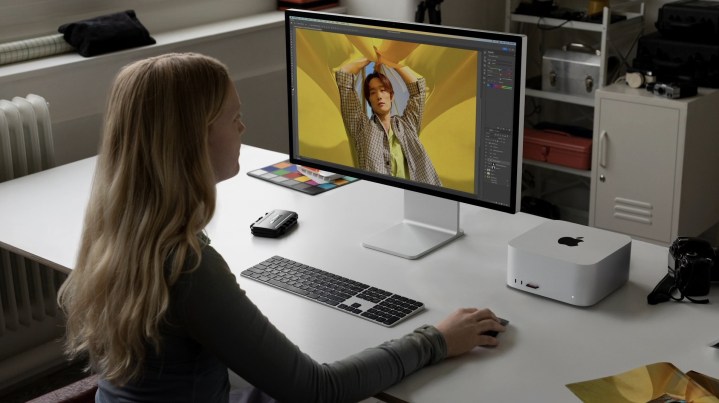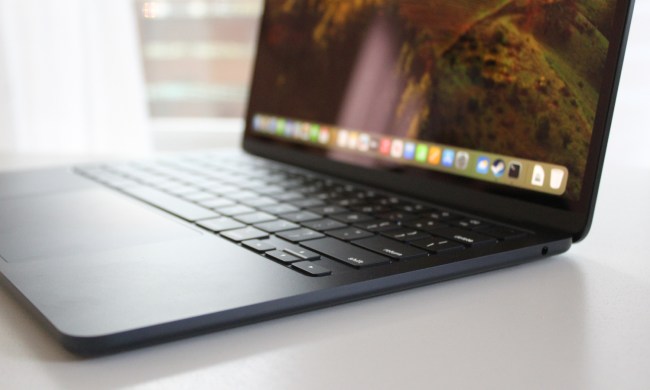
In 2020, Apple started a Herculean undertaking: transitioning its Macs to Apple Silicon. Despite its success, there’s been one Mac that Apple has kept in the lineup since its initial launch over three years ago. The M1 MacBook Air.
But now, Bloomberg reporter Mark Gurman has just asserted that Apple will soon make a major change to the MacBook Air to finally bring it into the modern age, leaving behind its outdated processor once and for all. This can only be good news for Apple fans. As I’ve argued previously, there’s not really any reason to buy the M1 MacBook Air over its M2 successor these days. Without the M1 in the picture, people seeking out Apple’s lightest laptop would have much better options to choose from.
There are still problems

According to Gurman, the M3 MacBook Air is set to arrive in just a few months. That might finally signal the end of the M1 version (which Apple still sells), with Apple potentially phasing this model out as soon as the M3 MacBook Air becomes available. Once that happens, the M2 MacBook Air would become the entry-level option in the lineup and would presumably take on the $999 price tag that the current M1 model enjoys.
Good stuff. Of course, that doesn’t mean the lineup will be perfect. The M2 MacBook Air still suffers from slow, throttled SSD performance if you buy its cheapest model — a mistake the 15-inch MacBook Air repeats — so you should avoid opting for the lowest amount of SSD storage if you can.
I also don’t like how Apple has started charging a premium just to get the latest chip. When the M1 MacBook Air launched in 2020, it cost $999. Now, to get the most recent M2 MacBook Air, you’ve got to shell out $1,099, while $999 gets you a last-generation MacBook instead.
Still, dropping the M1 model means raising the bar for anyone looking to buy an affordable MacBook Air. It’s a good move from Apple and one it honestly should have made years ago. The M1 MacBook Air was released in 2020 — practically a lifetime ago in computing terms — and has started to show its age. It’s about time Apple let it gracefully retire.
Running late

But getting rid of the M1 MacBook Air doesn’t mean that old models will have been entirely purged from Apple’s Mac roster. In fact, a few outdated devices could stick around for years to come.
That’s because Gurman has also claimed that the Mac Studio and the Mac Pro — Apple’s most powerful Macs — might not make the leap to the M3 generation until 2025, meaning a massive wait for anyone looking to upgrade from the M2 Ultra those devices currently use.
Sure, the M2 Ultra came out in June 2023, so it’s not exactly long in the tooth just yet. But with Apple already releasing pro-level Macs with M3-generation chips, it won’t be long until demanding users are clamoring for an update. By the time the Mac Studio and Mac Pro get updated, in fact, the M3 Max — which will no doubt come to the Mac Studio — might have been in the wild for at least two years. Keeping it out of the Mac Studio for that long would be baffling.
If you’re a professional user with heavy-duty needs, that will likely make for uncomfortable reading. But the reality of Apple’s Mac strategy is that the most impressive chips come out last, usually years after their consumer equivalents.
The sudden release of the M3 Pro and M3 Max alongside the M3 bucked that trend, and that makes me optimistic that Gurman is wrong about the delays to the Mac Studio and Mac Pro. We’ve had some good news for MacBook Air fans — let’s hope there’s some for seriously demanding users, too.



